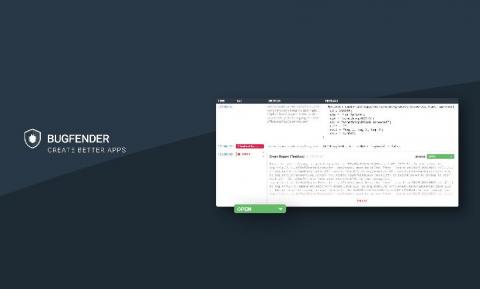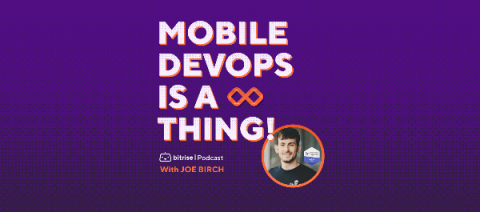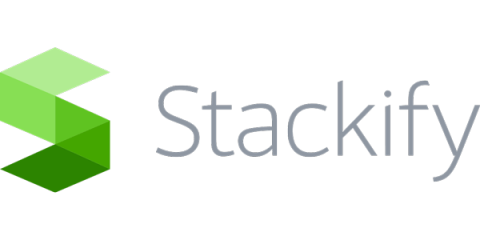Station: A powerful smart browser for all your web applications
The internet has become an integral part of our lives. Be it work or daily chores, we can’t imagine getting through the day without it. As our reliance on internet increases day by day, a majority of applications we’re switching to have web-based interfaces. The growing popularity of smartphones and portable devices has fueled this tech revolution. Most applications that have web-based interfaces are hosted on the cloud these days.











